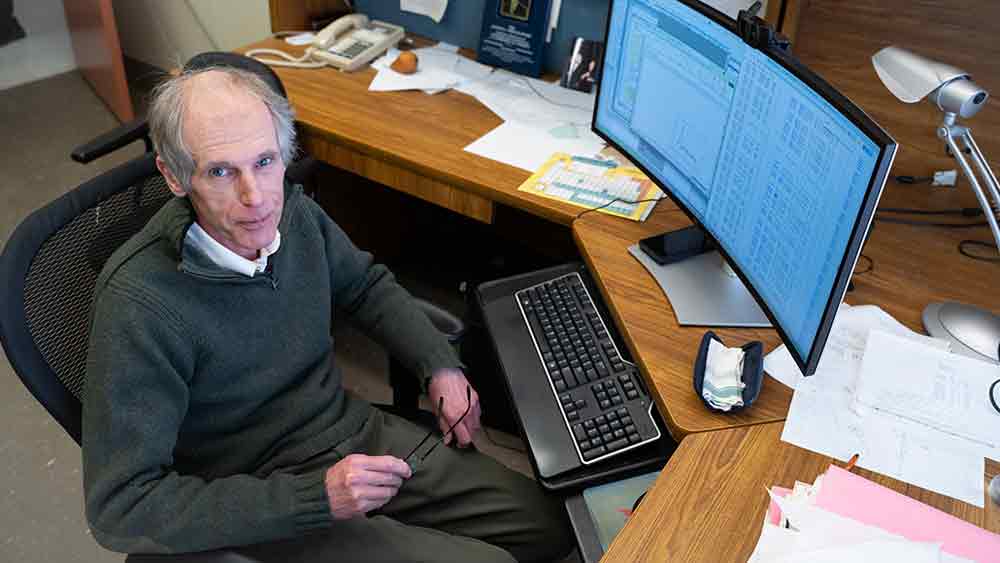M. King/NIST
NIST researcher Alexander Kramida manages the Atomic Spectra Database, helping database experts bring you computer chips, lighting, and more.
Nearly everything we know about the universe comes from light. Cosmologists learn about the universe by studying light from faraway stars and comparing what it shows us to the light of the same atoms here on Earth. Astronomers use this information to study the expansion of the universe after the Big Bang.
|
ADVERTISEMENT |
We also learn about atoms by studying their light—specifically, whether they emit or absorb particular types of light. This is what we do in my field, atomic spectroscopy.
I always say atomic spectroscopy is responsible for the fate of the universe. No pressure for those of us studying it, right?
About half of the atomic wavelengths that researchers currently study were first measured decades ago using the equipment that was available at the time.
We now have the ability to measure light much more precisely. But the scientific community needs to consolidate those new measurements into useful reference data for researchers. This helps all kinds of users have the best information possible to do their work.
…

Add new comment